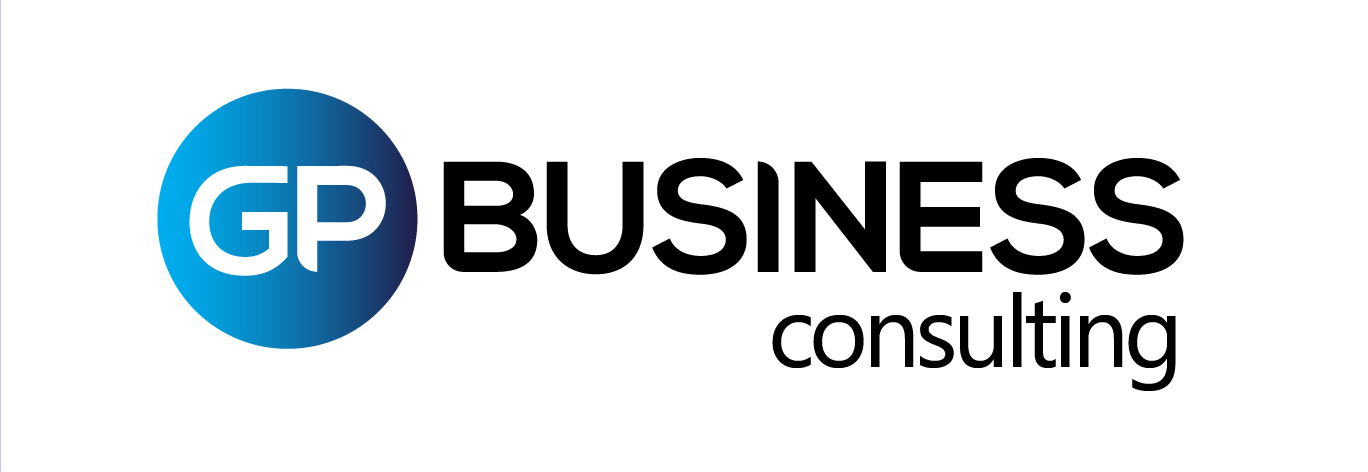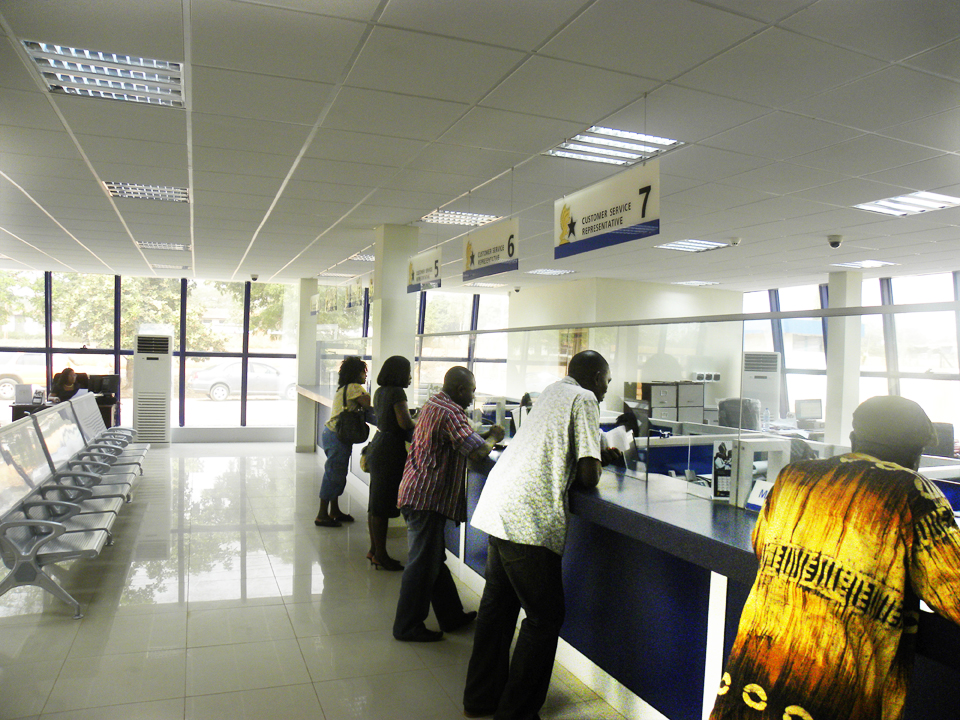

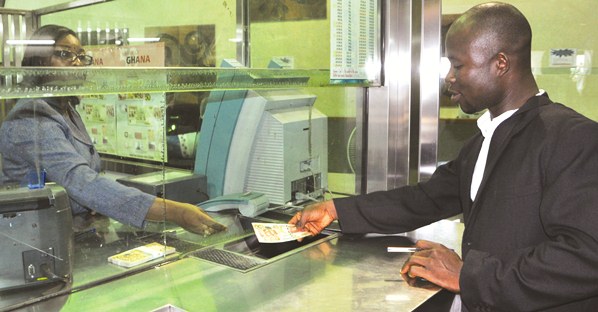
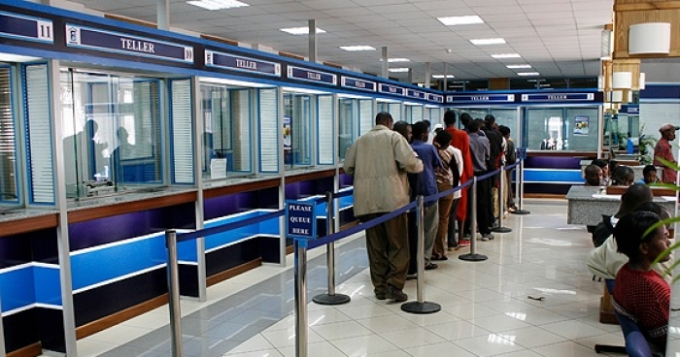
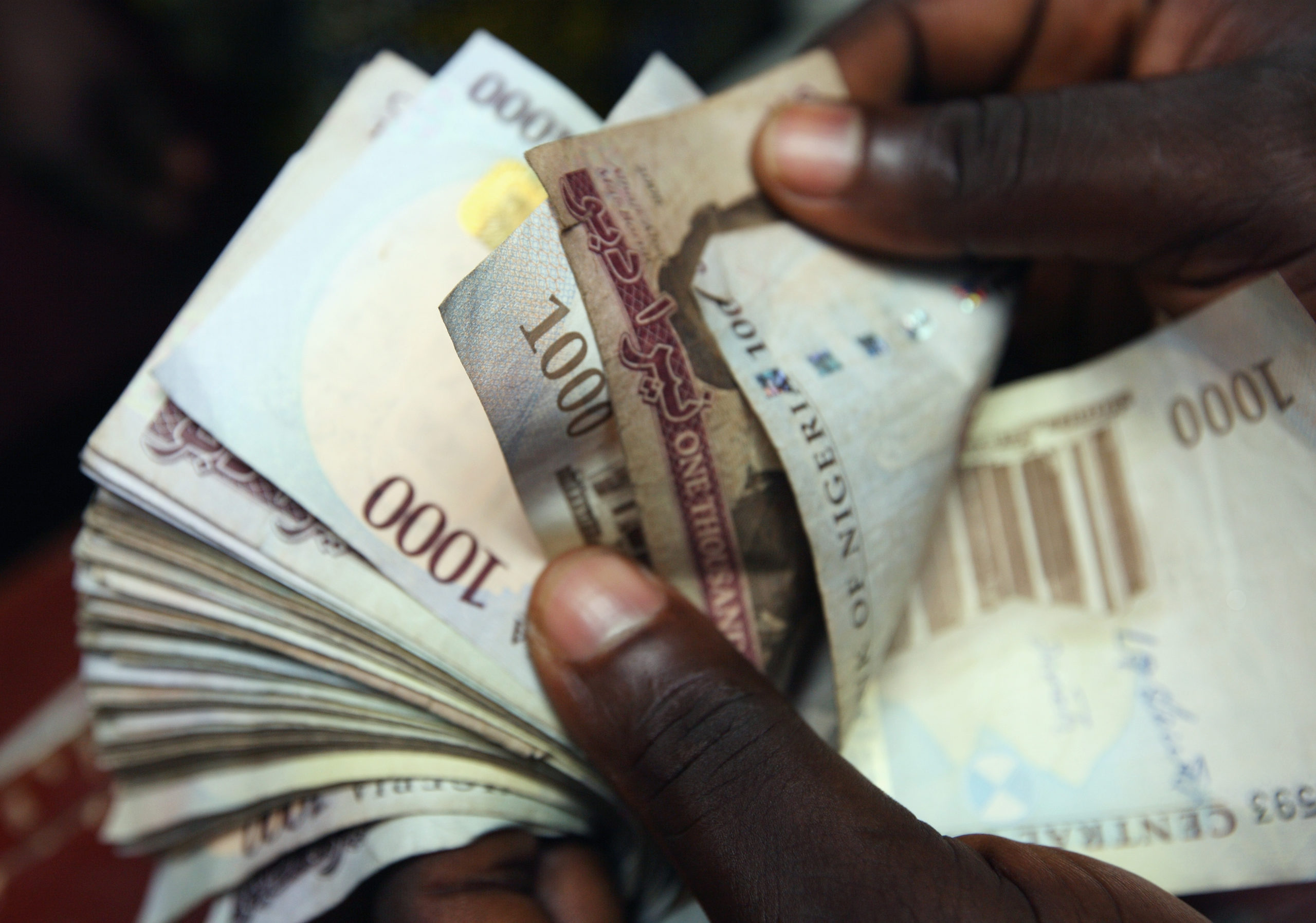

Financial Services
Investment Opportunities, Industries and Sectors
The financial services industry encompasses a broad range of organizations that deal with financial management activities in Ghana. The financial services industry is categorized into three main sectors:
- - Banking and Finance (including Non-Bank Financial Services and Forex Bureaux)
- - Insurance
- - Financial market/capital markets
The financial services industry encompasses a broad range of organizations that deal with financial management activities in Ghana. The financial services industry is categorized into three main sectors:
- Banking and Finance (including Non-Bank Financial Services and Forex Bureaux)
- Insurance
- Financial market/capital markets
The Government of Ghana has shown strong commitment to financial sector development through policies that are broadening and deepening it. As a result, the industry has shown significant development over the past decade.
The operating institutions include both foreign and local major banks, rural and community banks, savings and loans companies and other finance and leasing companies.
Banking
The Bank of Ghana has overall supervisory and regulatory authority in all matters relating to banking and non-banking financial business with the purpose to achieve a sound, efficient banking system in the interest of depositors and other customers of these institutions and the economy as a whole. The Bank of Ghana is therefore, charged with the responsibility of ensuring that the financial system is stable to ensure that it serves as a facilitator for wealth creation, economic growth and development.
In February 2003, the Bank of Ghana formally introduced the Universal Banking Business Licence, which brought more competition to the industry. The regulation set the minimum net worth and paid-up capital for Banks. They are required to hold 9% of the cedi and forex deposit base with BOG on daily basis as primary reserves and 35% of their deposit base in cedi denominated assets as secondary reserves. In 2017, the Bank of Ghana embarked on a comprehensive reform agenda, with the objective of cleaning up the banking industry and strengthening the regulatory and supervisory framework for a more resilient banking sector. Currently, the total number of banks, operating as universal banks in Ghana, currently stands at twenty-three (23).
Insurance
The insurance industry’s product development continues to be concentrated on the core property/casualty market and insurers are constantly seeking to identify alternative solutions for clients whose needs are not being addressed. The Ghanaian market, however, has a huge potential for growth in both the life and non-life markets.
Capital Markets
The Ghana Stock Exchange (GSE) was set up in 1990 and has laid down rules and regulations for companies seeking to be listed on the Exchange. Currently, there are 27 listed Companies, 10 brokerage firms, 5 mutual funds and 1 unit trust companies on the GSE. The Securities and Exchange Commission (SEC) sets rules and laws to create level playing ground for Investors, Brokerage Firms and Listed Companies on the GSE.
